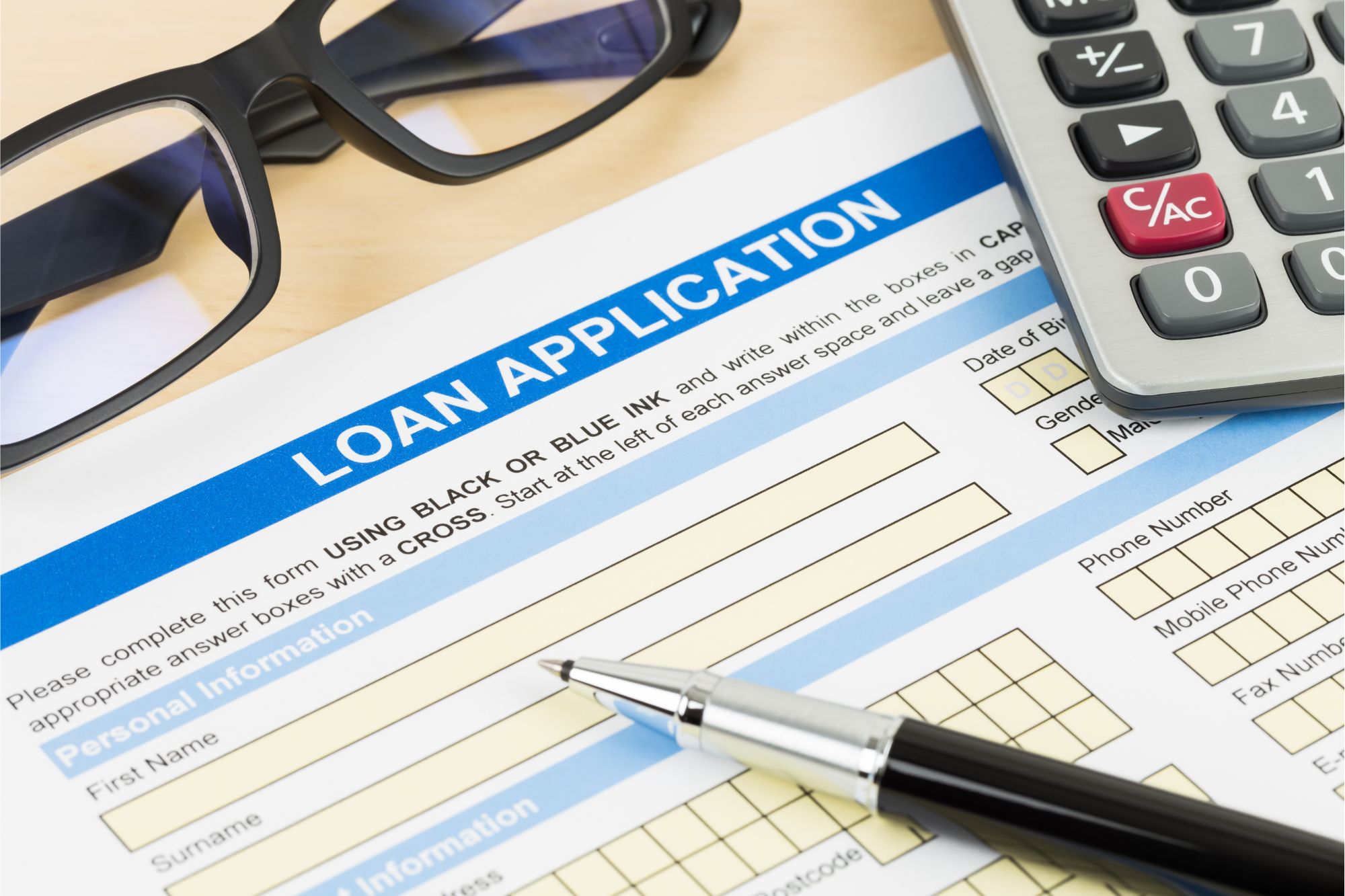When considering applying for a mortgage, you might wonder, should I get pre-qualified or pre-approved?
They sound like the same thing, but they have different outcomes. Of course, each has a time and place, but understanding the differences is essential.

What is a Pre-Qualification?
A pre-qualification is an estimate of what you can afford. Most lenders rely on verbal information from the borrower versus actual proof of your income, assets, and liabilities.
A pre-qualification gives you a ballpark idea of what you can afford, but it’s not a true approval. Instead, consider it your starting point when considering buying a house. Many borrowers get pre-qualified six months to a year before they are ready to buy a home. It helps them understand where they stand and if they need to save more money, improve their credit, or decrease their debt before applying for a mortgage.
How do you get Pre-Qualified?
To get pre-qualified, contact a lender and discuss your situation with a loan officer. They’ll ask questions like the following:
- What’s your estimated credit score?
- How much do you make monthly?
- How much money do you have saved for a down payment?
- How much monthly debt do you have?
Answering these questions honestly helps a loan officer fit you into a loan program, but it’s not an approval. Instead, it gives you an idea of what you can afford and/or what you should change to get a better loan program.
For example, suppose a loan officer tells you that your qualifications meet FHA guidelines, but you want a conventional loan to avoid mortgage insurance. In that case, you could determine what you must improve to qualify for a conventional loan when you’re ready to buy a home.
What is a Pre-Approval?
A pre-approval is different from a pre-qualification. When you get pre-approved, you provide the lender with information proving your income, assets, and liabilities.
A pre-approval is the closest you can get to getting approved for a loan without a sales contract. When you get pre-approved, the lender determines that your credit and income qualify you for the chosen loan program.
After a lender pre-approves you for a loan, they’ll supply you with a pre-approval letter stating how much you can borrow, at what interest rate, and what conditions you must satisfy before closing the loan.
How do you get Pre-Approved?
To get pre-approved, you must prove to the lender the information you provided on your loan application. Each lender has different requirements, but here’s what most require:
- 30 days of paystubs to prove your current income
- Two years of W-2s to prove your income stability
- Two years of tax returns if you are self-employed
- Two months of bank statements to verify your assets for the down payment and closing costs
- Proof of employment
An underwriter will review the information to ensure you meet the chosen loan’s guidelines and pre-approve your creditworthiness for the loan. In this process, the underwriter will do a hard credit pull, checking your credit score and ensuring your credit history meets the program guidelines.
Pre-approval letters are good for 30 – 60 days, so get pre-approved before you look at homes, but not until you’re ready to actively look for a home.
Which is Better?
Understanding the difference between pre-qualification and pre-approval is essential, but knowing which is better given your situation is even more critical.
To decide which is correct, answer the following questions:
- Are you ready to look at homes and place an offer?
If yes, then you should get pre-approved. Sellers often only accept offers from pre-approved buyers because it shows your creditworthiness and seriousness about buying a home.
- Are you wondering how much home you can afford?
If you’re just exploring your options and considering buying a home but aren’t sure, a pre-qualification is best. Likewise, pre-approval is best when you’re ready to look at houses and place an offer.
Final Thoughts
Getting pre-qualified is not necessary, but pre-approval is crucial when you’re ready to buy a home. Getting pre-qualified helps you prepare for the loan process and alerts you of any issues you should clear before formally applying for a loan, but it’s not essential.
A pre-approval, however, is crucial because it shows sellers you can buy the home and lets you know what you can afford. As a result, you’ll save time by only shopping for homes you can afford and can beat the competitors if others are interested in the same house if you’ve already secured your financing.

 My name is David Rogers, and I’m a licensed realtor who loves to provide high-level service. Please let me know how I can serve you!
My name is David Rogers, and I’m a licensed realtor who loves to provide high-level service. Please let me know how I can serve you!